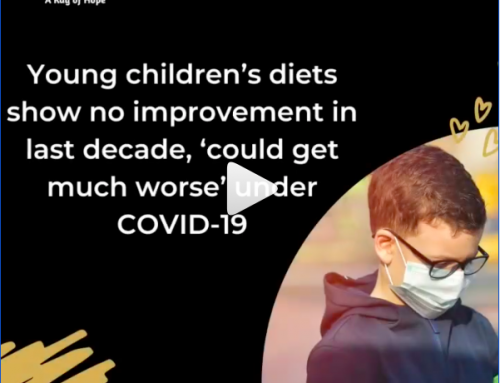Children are classed as the most vulnerable group in society. Many children are suffering in this world as they are not being given the care or help they need in order to live fulfilled lives.
There are so many underprivileged children in the world today as they lack what all children should be entitled to; societal and parental care as well as protection and the chance to grow and develop. Many do not have this so-called privilege.
When we talk about being underprivileged we consider poverty as a key aspect of this; as people living without financial means for food and/or a home or lack of access to healthcare or education they should all be entitled to.
Globally 1 billion are multidimensionally poor; as they are forced to live without basic needs such as food and water. This situation has been made drastically worse since COVID19, it is estimated the amount of children living in extreme poverty is 356 million (Unicef, 2021)
As a result, children living in these conditions are more likely to suffer from disease, shorter life expectancy, lack of education, resources and future prospects, disabilities, malnutrition and so many more devastating effects have a direct correlation to poverty.
As many go hungry without the land or money to pay for food others, particularly in the west, remain malnourished but obese as they fill up on poor quality processed foods. Hunger is often seen as a lack of food but it can also mean an overall lack of essential nutrients in the diet. Obesity and malnutrition is of epidemic proportion globally.
UK
Before Covid-19 the UK government declare there were 4.2 million children living in poverty; over 30% of the children in our country. (DWP, 2020)
Since Covid-19 that number has almost risen to over half the population of families struggling to afford food, rent and bills. Schools closing meant a lack of childcare for many, loss of jobs; particularly in female mothers and families at breaking point.
Children from all backgrounds and ethnicities have been found to be struggling but stats have shown that women of minority ethnic backgrounds were more likely to lose their job during the pandemic instead of being put on furlough (House of Commons, 2020). Once again causing a greater racial divide and underpriviledge in ethnic minorities.
Africa
In Africa prior to Covid-19 more than half the population were living in poverty (Lain & Vishwanath 2021). In Nigeria alone more than 80 million Nigerians were struggling to survive with extremely limited means of getting necessities required for living, greater than the population of Germany. 6 people a minute fall into the trap every minute.
As we look back at the past year it is estimated that over 100 million people globally will be living in impoverished conditions by 2022 (Yonzan et al, 2020)
The effects that poverty can have on people including children can be devastating as disadvantaged children are 4.5 times more likely to develop severe mental health problems by the time they turn 11 (WHO, 2015)
The above statistics imply that our current way of life is unsustainable, there needs to be some drastic system changes and a great investment into healthcare, education, food systems and more if we are to continue and our children’s health and wellbeing should be our number 1 priority.
Reference
Committees.parliament.uk. 2021. Unequal impact? Coronavirus and BAME people. [online] Available at: <https://committees.parliament.uk/publications/3965/documents/39887/default/> [Accessed 23 February 2021].
DWP (2020) Households Below Average Income, Statistics on the number and percentage of people living in low income households for financial years 1994/95 to 2018/19, Tables 4a and 4b. Department for Work and Pensions, 2020
Lain, J. And Vishwanath, T., 2021. Tackling poverty in multiple dimensions: A proving ground in Nigeria?. [online] World Bank Blogs. Available at: <https://blogs.worldbank.org/opendata/tackling-poverty-multiple-dimensions-proving-ground-nigeria> [Accessed 23 February 2021].
Unicef.org. 2021. Child poverty. [online] Available at: <https://www.unicef.org/social-policy/child-poverty> [Accessed 23 February 2021].
WHO, & Calouste Gulbenkian Foundation. (2014). Social determinants of mental health. WHO Geneva. Retrieved from who.int/social_determinants/sdh_definition/en/ [Accessed 16/08/16].
Yonzan, N, C. Lakner, D. Mahler, R. Aguilar, H. Wu. (2020) The impact of COVID-19 on global poverty under worsening growth and inequality. World Bank







